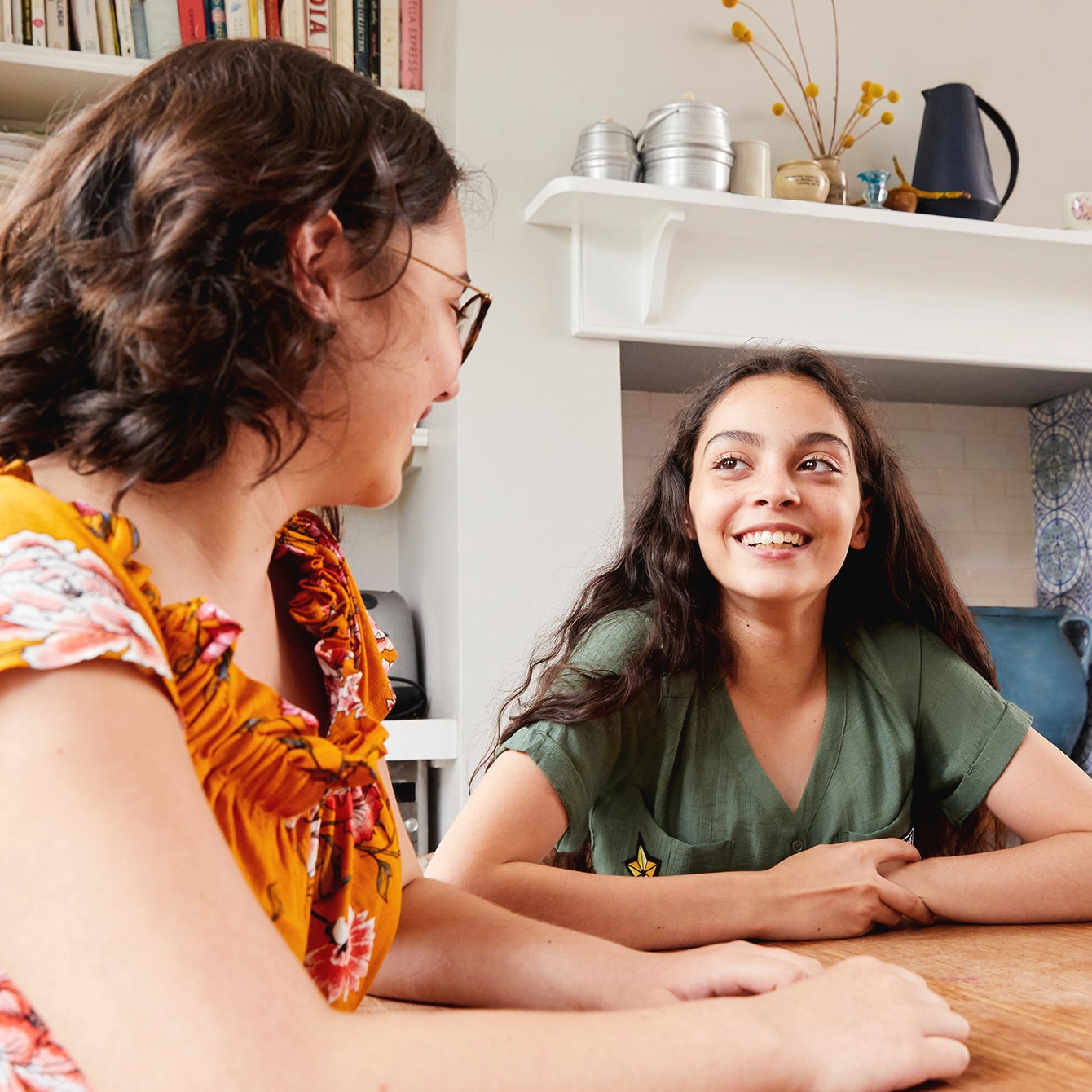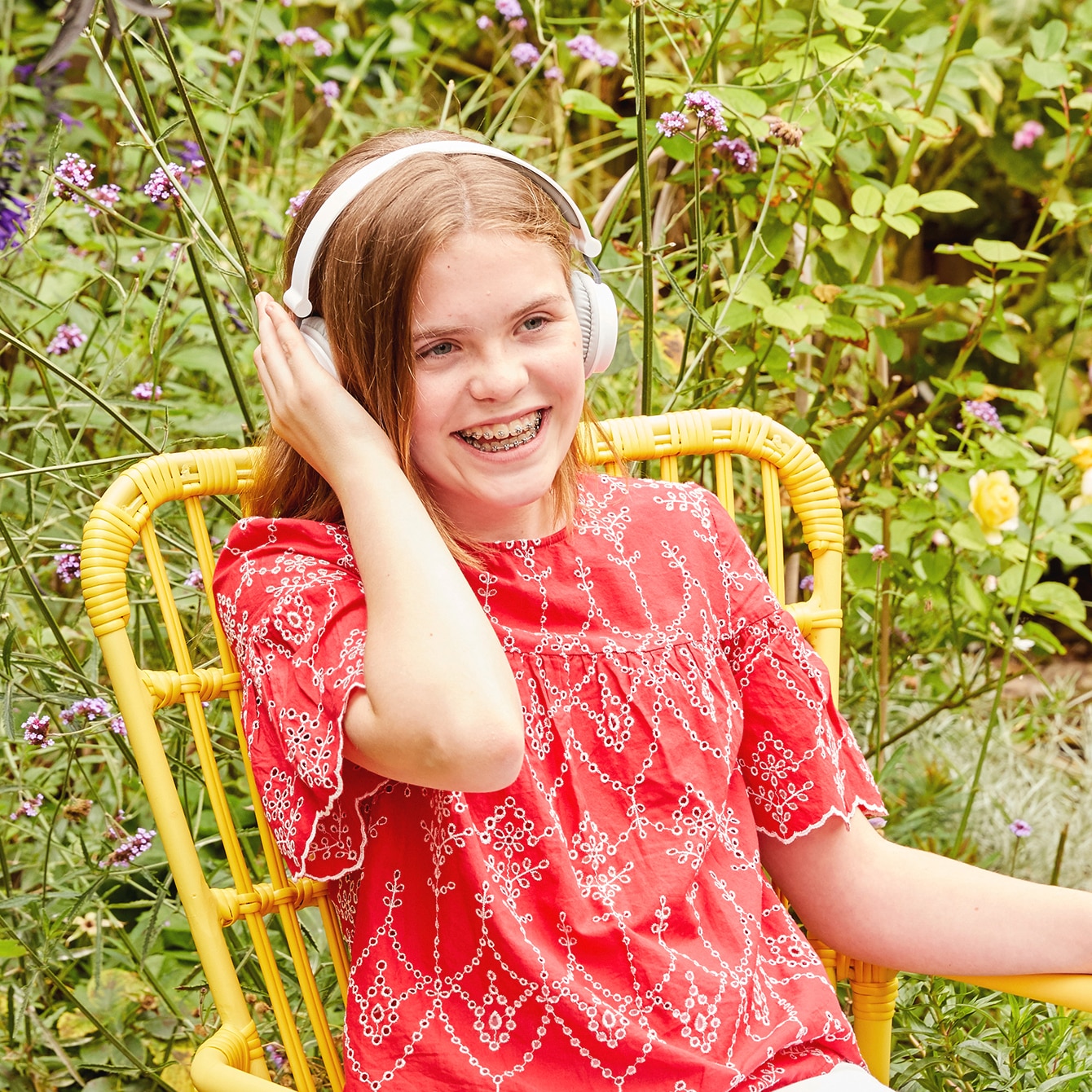Take a trip around the world, and explore different kinds of female beauty with our fun and interactive FLAW-LESS game - because there’s no such thing as ‘perfect’.
Why have we created FLAW-LESS?
Sometimes, it feels like we're being bombarded with images of women that show us just one kind of beauty. This ‘perfect’ kind of woman can make us critical of our own appearance, even though in the real world, she likely doesn’t exist (the images are often the result of clever make-up, lighting and Photoshop retouching).
But did you know that some cultures admire hairy moles as a sign of a long and happy life? Or that others think a wide chin means you’re outgoing and fun? You don’t see that in the magazines do you?
How do we define beautiful?
According to The Dove Global Beauty and Confidence Report 2016, only 20% of women have high body self-esteem, and 67% of girls believe the media and advertising set an unrealistic standard of beauty that most women can never achieve. This stereotype of 'perfect' female beauty that we see across the media can make us hypercritical of our own features if they don't conform. So, we put together the FLAW-LESS game to help you and your daughter appreciate your unique features and inner beauty.
A fun, confidence-building game to play together
Match the pairs of cards and see that what might be considered flaws by some are marks of beauty for others. The game is easy to play and a great conversation-starter.
Next time your child starts to criticise their looks, or denigrates their unique features, use FLAW-LESS to broaden their perspective, and remind them what others might see. Help them to focus on what they like about themselves, and banish the high-pressure, stereotypical image of beauty.




